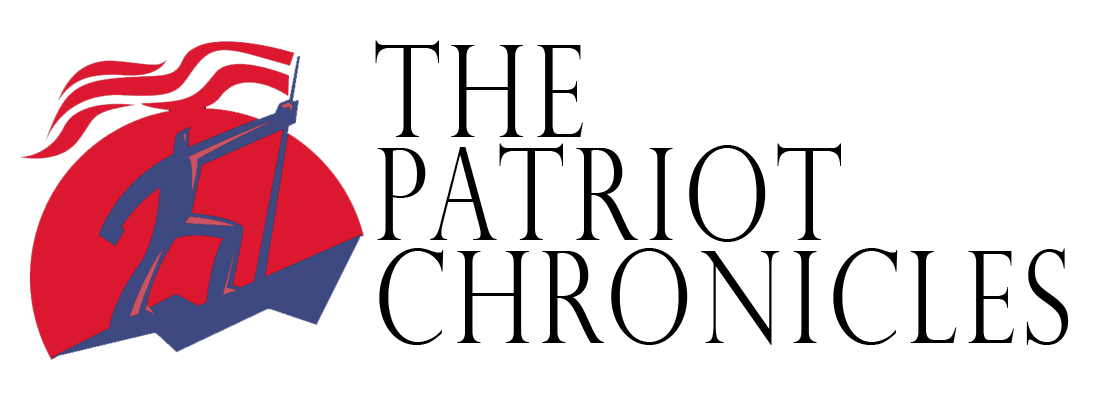Have you heard about The 1619 Project? It’s a controversial piece of writing created by Pulitzer Prize-winning journalist Nikole Hannah-Jones, and it’s been getting a lot of attention lately. Even ABC’s Good Morning America recently interviewed Hannah-Jones about it, with co-anchor Robin Roberts eagerly praising the project.
Unfortunately, Roberts failed to acknowledge the project’s many flaws and inaccuracies. She praised it for being “groundbreaking” and “for everyone,” without taking the time to inform viewers of the criticism it’s received from historians and other experts.
It’s no wonder Hannah-Jones is pushing for the project to be included in school curriculums across the country. It’s a blatant attempt to rewrite history, and the fact that it’s being promoted on major networks without any acknowledgement of its flaws is downright dangerous.
It’s time to take a stand against this kind of revisionist history. We can’t let false information be spread unchecked, and that’s why it’s so important for journalists like Robin Roberts to make sure the truth is always brought to light.
The 1619 Project is pushing Critical Race Theory and other “woke” ideology in public schools and universities, and that’s not okay. It’s forcing students to accept a distorted and one-sided view of history, and it’s going to shape their understanding of the world in a very negative way.
We have to start holding people accountable when they try to push this kind of propaganda. We need to make sure that our children are getting an accurate and unbiased look at history, and that means not just accepting this project at face-value.
It’s time to call out The 1619 Project for what it is: a blatant attempt to push a false and dangerous agenda in our public schools. We need to make sure that our children are getting an unbiased and accurate look at history, and that means not just accepting this project at face-value. Let’s not let these people get away with pushing dangerous, woke ideology in our schools. Let’s stand up for the truth.
Relevant Part Of The Transcript
NIKOLE HANNAH-JONES: I feel excited and I feel anxious. You never know how something will go out into the world but I know how hard we worked on it.
ROBERTS: Pulitzer Prize-winning journalist Nikole Hannah-jones is back again with her most ambitious endeavor yet.
HANNAH-JONES: As a woman in my 40s, I am part of the first generation of black Americans in the history of the United States to be born in a society in which black people have full rights and citizenship.
ROBERTS: You feel that in all aspects of American — of who we are.
HANNAH-JONES: Yes.
ROBERTS: It can be traced back and has the remnants of slavery? Do you think that’s something that people will understand with this series?
HANNAH-JONES: Absolutely, I mean, that is what the series argues, so it’s not just a historical documentary, it’s actually a documentary about contemporary society.
ROBERTS: What resonated with you most?
HANNAH-JONES: What resonated with me most is just the enduring spirit of black people in this country.
ROBERTS: The thought-provoking series also introducing viewers to Jones and her family on a personal level.
HANNAH-JONES: My father, he always flew a flag in our front yard. One thing about dad, he was patriotic.
UNIDENTIFED MAN: He was part of that United States Army. They served their country. But hey, you served your country, don’t mean your country gonna serve you.
ROBERTS: And although the show is told through the lens of black Americans, Jones says this is something for all Americans to watch and reflect on.
HANNAH-JONES: This is the American story. We’ve tried to segregate these histories, there’s black history and then there’s American history. But you can’t understand America if you don’t understand the role of black Americans, the role of slavery, the role of racism.
ROBERTS: Premiering at a time when heated debates about how history is taught in our children’s schools are erupting across the nation. Just last week, the Florida Board of Education made headlines after it rejected the addition of an advanced placement African American studies course.
HANNAH-JONES: This medium of television is democratizing. You can ban what someone can learn in a classroom but you can’t stop them from watching this documentary series and getting that information. So, I think it is really coming at a critical time.
ROBERTS: One word to describe, okay, if I say, The 1619 Project is —
HANNAH-JONES: Truth.

